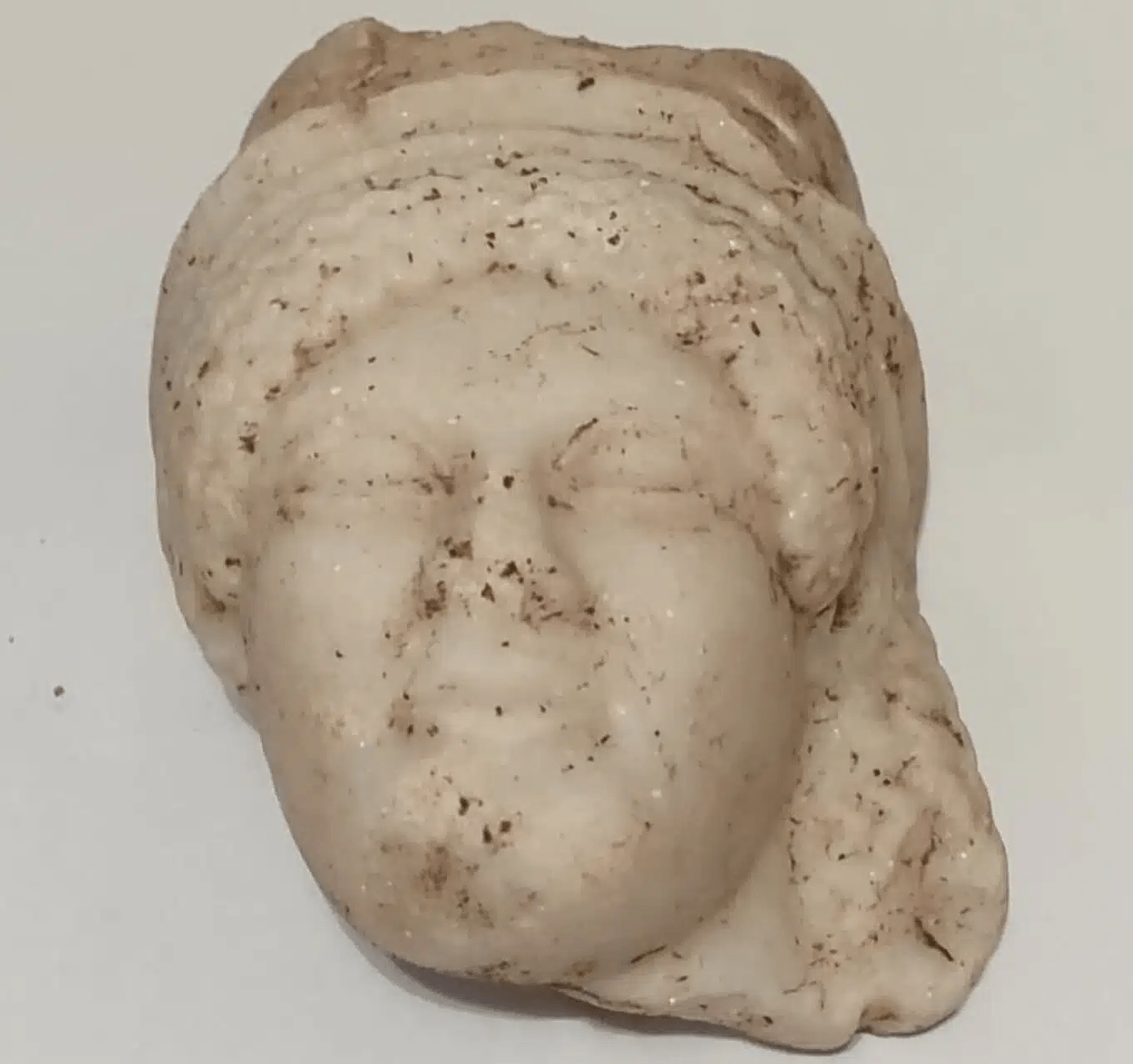Tunisia: Archaeologists find marble mask from 4th century BC

On November 4th 2025, archaeologists uncovered an ancient relic on the site of Tofet in Carthage, Tunisia. The archaeological discovery is a marble mask from the late 4th century BC, and it seemingly depicts a woman with a Phoenician-style hairstyle, as reported by AfricaNews.
The announcement was made by the Tunisian Ministry of Cultural Affairs, which also provided information about the mask’s significance. It was carved from fine marble and is believed to have had a cultic or religious function. The Phoenician hairstyle of the woman indicates that this tradition was brought to Carthage and adopted by the Punic elites.
The leading hypothesis is that the marble mask served as a votive offering to secure divine favour. The theory was formulated by Professor Imed Ben Jerbania, who is the head of the excavation team at the Tunisian National Heritage Institute (INP).

The discovery is part of a four-year project between Tunisia’s National Heritage Institute and the Agency for Heritage Promotion and Cultural Development, aimed at revitalising excavations at the Tofet site in Carthage. The team, led by archaeologists Kaouther Jendoubi, Nesrine Medahi and Imed Ben Jerbania, specialises in iconography and votive art.
In the past, other artefacts were also unearthed from the Toufet site. In 2014, the Carthaginian location was at the centre of a discovery of a set of, at the time, unpublished Punic inscriptions. And 9 years later, in 2023, nine gold coins from the 3rd century BC were uncovered and said to belong to aristocratic Carthaginian families.
Although the relic’s origins are still unclear, upcoming material and polychromy analyses aim to establish its age and verify whether it originated in the Eastern Mediterranean.
Additionally, the marble mask will be subject to restoration and a complete study before it’s finally exposed at the Carthage museum for public visitors.
The country has seen a record number of tourists in 2025, and this could help boost the country’s aims to attract more travellers in the following years.
The study will allow archaeologists and historians to further understand life and culture in the ancient Punic-Carthaginian era by providing clues into the art and ritual heritage of that period.
AfricaNews, Maghrebi.org
Want to chase the pulse of North Africa?
Subscribe to receive our FREE weekly PDF magazine














